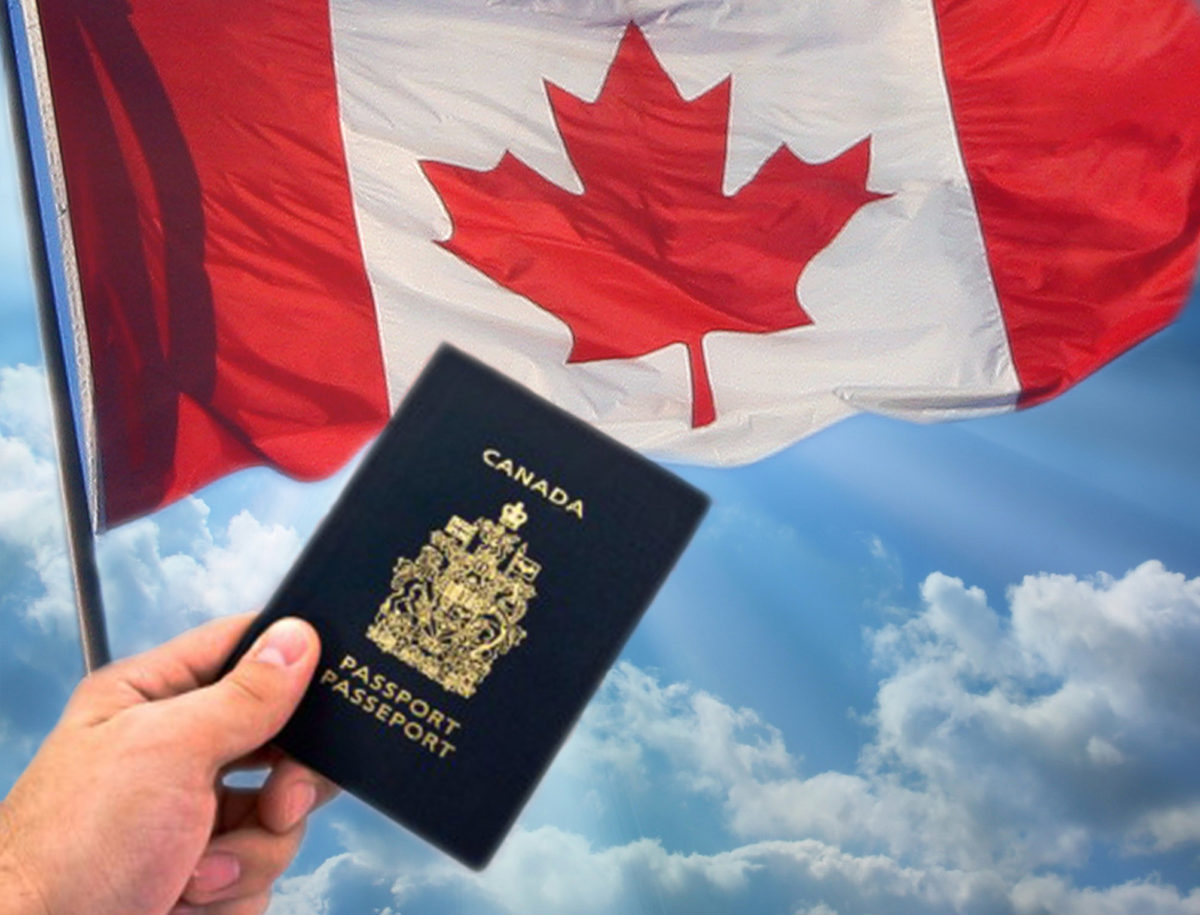 New regulations for international students in Canada will make studying in Canada more appealing.
New regulations for international students in Canada will make studying in Canada more appealing.
Citizenship and Immigration Canada released the new rules recently, and said they will be effective on June 1.
The new regulations will improve services to genuine students, while protecting Canada’s international reputation for high-quality education and reducing the potential for fraud and misuse of the program.
Among the new eight proposed regulations, the change that will impact current international students the most is the ability to work off-campus with a valid study permit. Starting this summer, international students will no longer have to apply for a separate off-campus work permit to work 20 hours per week during the school year and full-time during breaks.
Santiago Chavez, incoming president of the STUSU and an international student, said this new regulation is a positive change.
“In my experience as an international student, one comes to Canada to find a student culture for which coupling education with work is, in many cases, practically a given,” Chavez said.
“While universities like St. Thomas provide employment for many international students, there can be added benefits to looking outside of our own offices, such as the chance to be given more hours of work or the chance to take on jobs that suit their personal interests or their career prospects better than what they can find on campus.”
International student advisor Marina Nedashkivska said applying for the off-campus work permit is a long and confusing process. Thus, many students tend to give up half way through, as sometimes the electronic system will not let them proceed with their applications and they could not invest a lot of time being on the phone with the government agents.
“Students have been spending a lot of unnecessary efforts, money and time to get the off campus work permit,” Nedashkivska said. “I think that their employability will be increased and the chances to get desirable jobs will become more real.”
Sergio Guerrero, president of the St. Thomas University International Students Association, said this new clause is greatly beneficial, as it will allow more international students to pursue a working experience and the always-welcomed extra cash.
“Students have taken this with enthusiasm, as now they see a broader array of options to work, without the need to go through paperwork and a fee of $150,” Guerrero said.
Nedashkivska said this new regulation will attract more students to Canada.
“We will also be able to concentrate more on helping international students to find employment, teach them how to write a presentable resumé and work on the interview skills, instead of battling sometimes the confusing system.”
Chavez said overall this is a measure taken to make international students in Canada feel that they are being welcomed with a real disposition to integrate them into local matters.
“Canada not only takes another step towards becoming one of the top study destinations of choice, but it gives its local workplaces access to possible contributions of innovation, global insights, and the hard work characteristic of someone who is being given a unique chance.”
